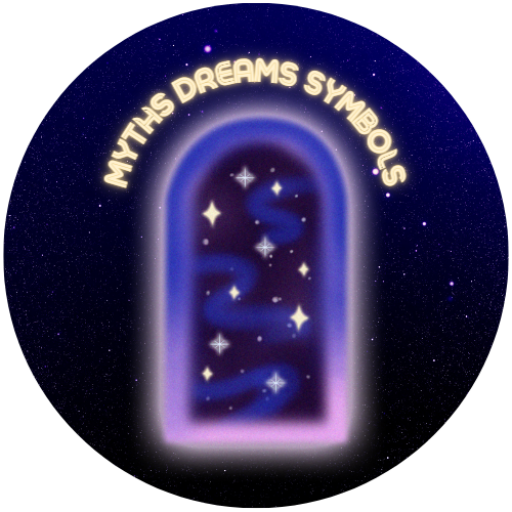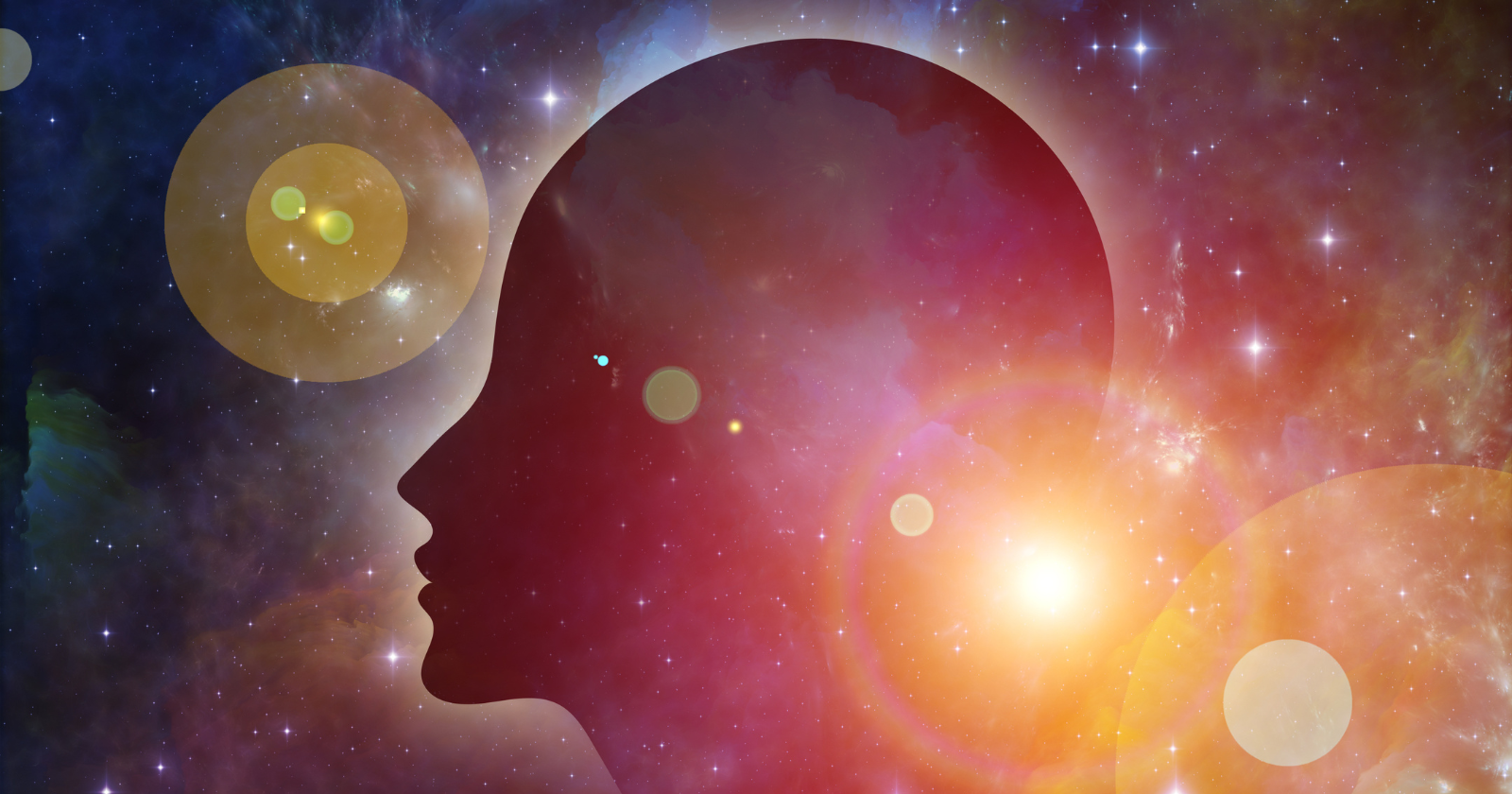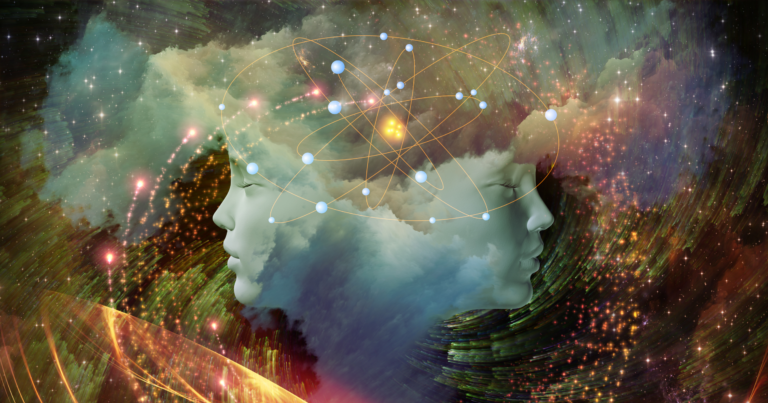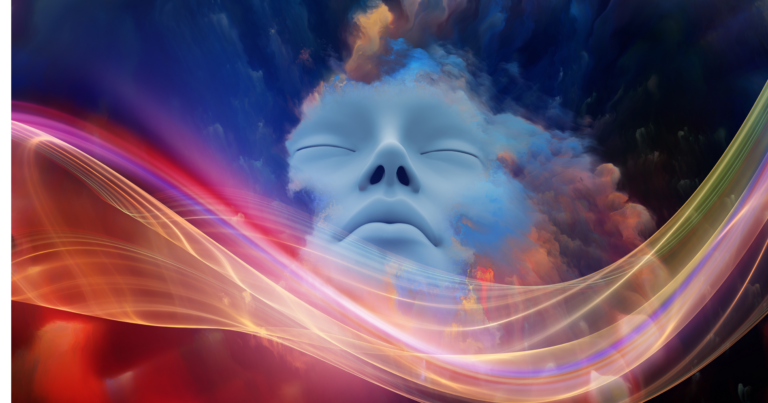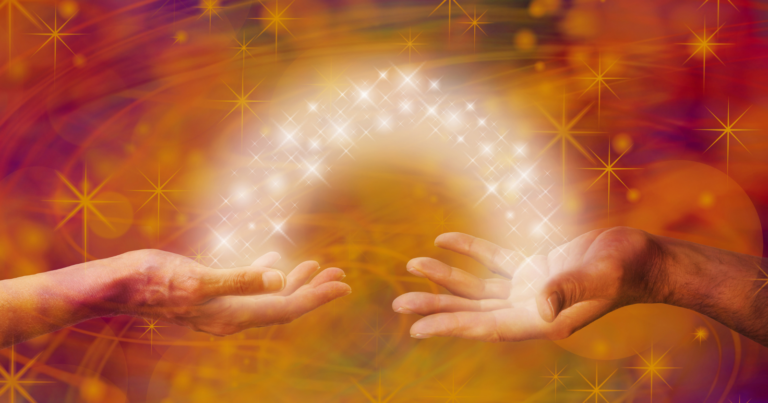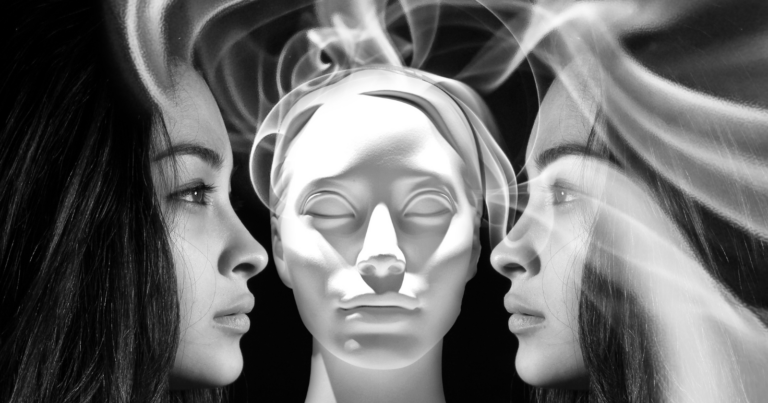The enigmatic world of dreams has fascinated humanity for centuries, serving as a gateway to the subconscious mind and a mirror reflecting our deepest fears, desires, and mysteries.
Dream psychology, a field that intersects with the rich tapestry of myths and symbols, offers intriguing theories that attempt to unravel the secrets hidden in our nightly visions.
This journey into dream psychology invites us to explore the various theories that have shaped our understanding of the dream world, offering insights into the symbols and narratives that populate our subconscious.
Freud’s Dream Interpretation: The Royal Road
Sigmund Freud, often hailed as the father of dream psychology, introduced the groundbreaking notion that dreams are the “royal road to the unconscious.”
According to Freud, dreams are a form of wish fulfillment, expressions of our unconscious desires that are too threatening or unacceptable to be acknowledged in our waking life.
Freud’s analysis of dream symbols, such as the famous instance of cigars and umbrellas, emphasizes the idea that every element in a dream, no matter how mundane, carries hidden meaning connected to our innermost thoughts and experiences.
Jung’s Collective Unconscious: A Mythical Landscape
Carl Jung, diverging from Freud’s theories, proposed that dreams tap into the collective unconscious, a shared repository of archetypes and symbols that transcend individual experience.
Jung saw dreams as a means of communication between the conscious and unconscious mind, with the purpose of achieving psychological balance and integration. For Jung, dream symbols are not merely personal but are imbued with universal meanings, connecting us to the ancient myths and stories that have shaped human culture.
The archetype of the hero’s journey, for example, can be seen as a blueprint for the process of individuation and personal development that Jung deemed essential for a fulfilling life.
Perls’ Gestalt Approach: Dreams as Parts of the Whole
Fritz Perls, the founder of Gestalt therapy, offered a unique perspective on dreams, viewing them as an integral part of the self that reflects unresolved issues and emotions.
In Gestalt dream analysis, every component of the dream is considered a projection of the self, including objects, settings, and characters.
This approach encourages individuals to engage directly with their dream symbols, often through reenactment or dialogue, to gain insights into their emotions and behaviors and to work towards resolving inner conflicts.
Contemporary Theories: Beyond the Psyche
Modern dream research continues to evolve, incorporating insights from neuroscience, cognitive psychology, and evolutionary theory.
While the mystery of why we dream remains partially unsolved, contemporary theories suggest that dreams play a role in emotional regulation, problem-solving, and the consolidation of memories.
The content and symbolism of dreams, according to these theories, are influenced by our daily experiences, concerns, and the process of integrating new information with existing knowledge.
The Role of Myths and Symbols
Dreams, myths, and symbols are inextricably linked, each reflecting the collective wisdom and experiences of humanity. Myths, like dreams, are symbolic narratives that speak to universal themes and archetypes, offering a framework for understanding the challenges and transitions we face in life.
By exploring the symbols that arise in our dreams, we engage with a shared language that transcends time and culture, connecting us to the broader human experience.
In conclusion, the exploration of dream psychology and theories opens up a fascinating world where science meets the soul. Whether viewed through the lens of Freud’s wish fulfillment, Jung’s archetypal landscapes, Perls’ gestalt perspectives, or modern cognitive approaches, dreams offer a rich source of insight and understanding.
As we delve into the symbols and narratives of our dreams, we tap into the depths of our psyche and the collective stories that bind us, embarking on a journey of self-discovery and connection to the universal human experience.
